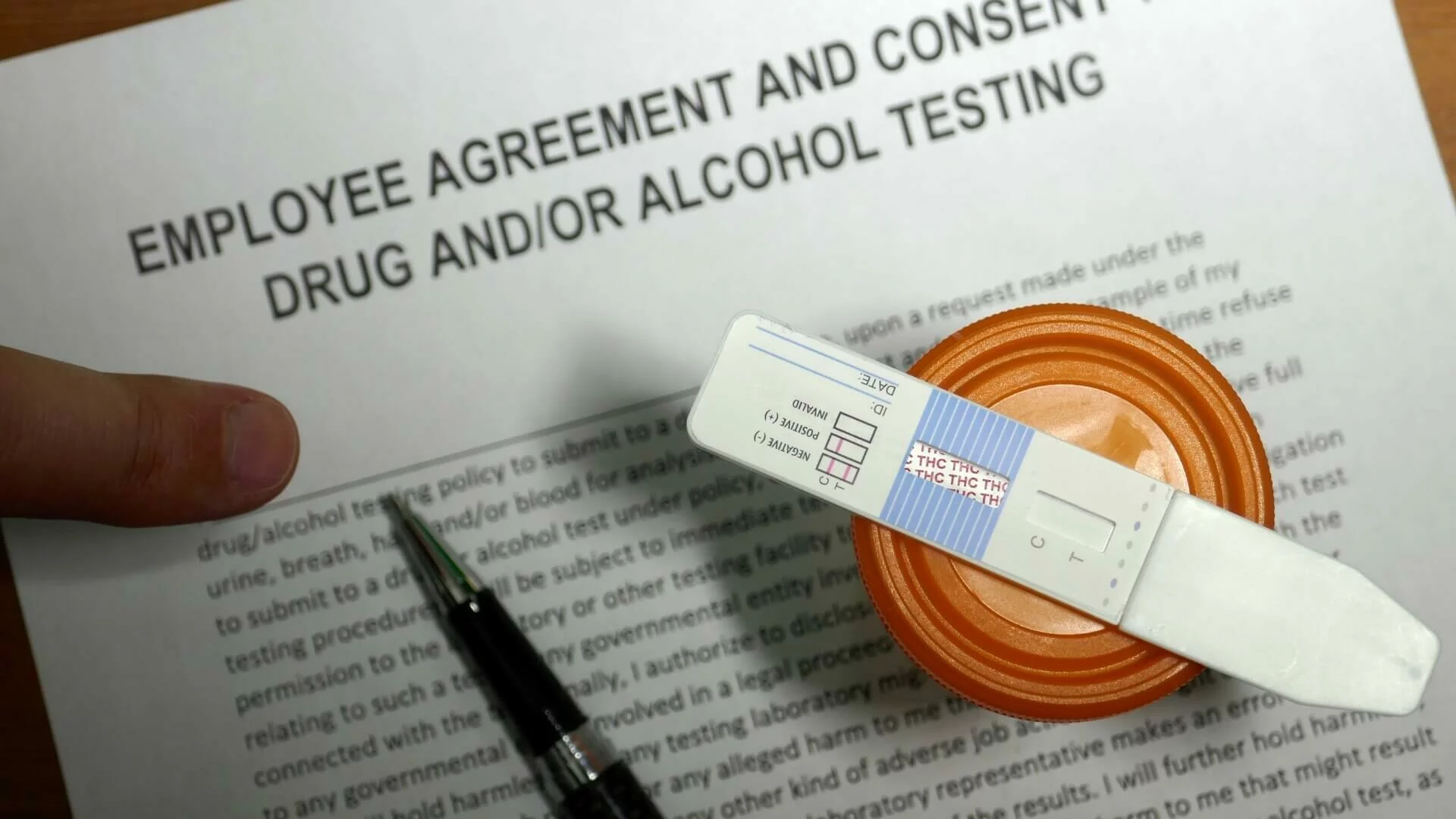Each driver must receive this policy, acknowledge it in writing, and the employer must keep that signed acknowledgement on file. This process ensures compliance with 49 CFR § 382.601 and helps employers remain audit-ready at all times.
Why a Written Policy is Required
FMCSA requires every motor carrier to provide drivers with educational materials explaining:
- The requirements of Part 382 (Drug & Alcohol Testing).
- The company’s own procedures for compliance.
- The consequences for drivers who violate drug and alcohol regulations.
Without this documentation, an employer cannot demonstrate compliance during a DOT or FMCSA audit.
Reference: 49 CFR § 382.601 – Employer obligation to promulgate a policy
Distribution of Materials
Employers must take proactive steps to ensure every driver has access to the policy:
Before Testing Begins
A copy must be distributed to each driver before any drug or alcohol testing starts.
For New Hires or Transfers
Drivers hired or transferred into a CDL-required safety-sensitive role must receive the policy materials immediately.
Notification to Unions
If drivers are represented by an employee organization, the employer must provide written notice about the availability of the policy to the representatives.
Required Content of the Policy
The FMCSA specifies 12 mandatory elements that must be included in the written materials. These ensure drivers understand exactly how testing works, what is prohibited, and the consequences of violations.
Designated Contact Person
Employers must identify a person who can answer driver questions about the policy.
Drivers Covered by the Rule
The policy must clearly identify which drivers are subject to FMCSA Part 382 regulations.
Safety-Sensitive Functions
Employers must explain what safety-sensitive functions are, and clarify the workday periods when drivers must comply.
Prohibited Conduct
The policy must describe in detail what conduct is prohibited, including the misuse of alcohol or controlled substances.
Circumstances for Testing
Employers must outline when drivers will be tested, including:
- Pre-employment testing
- Random testing
- Reasonable suspicion testing
- Post-accident testing under § 382.303
- Return-to-duty and follow-up testing
Testing Procedures
The policy must explain how testing is conducted, including procedures designed to:
- Protect drivers
- Safeguard test integrity
- Ensure results are attributed correctly
- Include post-accident instructions required by § 382.303
Requirement to Submit to Tests
Drivers must understand they are required to submit to alcohol and controlled substance tests when directed.
Refusals to Test
The policy must explain what constitutes a refusal to test and the consequences of refusal.
Consequences for Violations
The policy must describe the immediate removal of drivers from safety-sensitive duties and the return-to-duty process under 49 CFR Part 40, Subpart O.
Low Alcohol Concentrations
Drivers with an alcohol concentration of 0.02 to 0.039 face consequences that must be outlined.
Education on Substance Abuse
Employers must provide information about:
- The effects of alcohol and drug use on health, work, and personal life.
- Signs and symptoms of abuse.
- How to intervene when a problem is suspected, including referral to EAPs (Employee Assistance Programs).
Clearinghouse Reporting Requirements
Employers must disclose that the following information will be reported to the FMCSA Drug & Alcohol Clearinghouse:
- Verified positive, adulterated, or substituted drug test results
- Alcohol confirmation tests of 0.04 or greater
- Refusals to test under Subpart C
- Employer’s actual knowledge of alcohol or drug use violations, including:
- SAP (Substance Abuse Professional) reports of return-to-duty completion
- Negative return-to-duty test results
- Employer reports of follow-up test completion
Optional Employer Policies
Employers may also include additional policies, such as stricter rules on alcohol or drug use. However, these must be clearly labeled as independent employer authority and not FMCSA requirements.
Certificate of Receipt
Finally, each driver must sign a written acknowledgment confirming they received a copy of the policy. Employers must:
- Maintain the signed certificate in the driver’s file.
- Provide a copy of the certificate to the driver upon request.
This signed acknowledgement is one of the first documents auditors look for in the Driver Qualification File (DQF).
Why This Acknowledgement Matters
- Compliance Proof: Demonstrates adherence to FMCSA regulations.
- Audit Readiness: Protects the company in the event of a DOT audit.
- Driver Awareness: Ensures drivers understand the consequences of drug and alcohol misuse.
- Safety Assurance: Reinforces a culture of safety and accountability.




